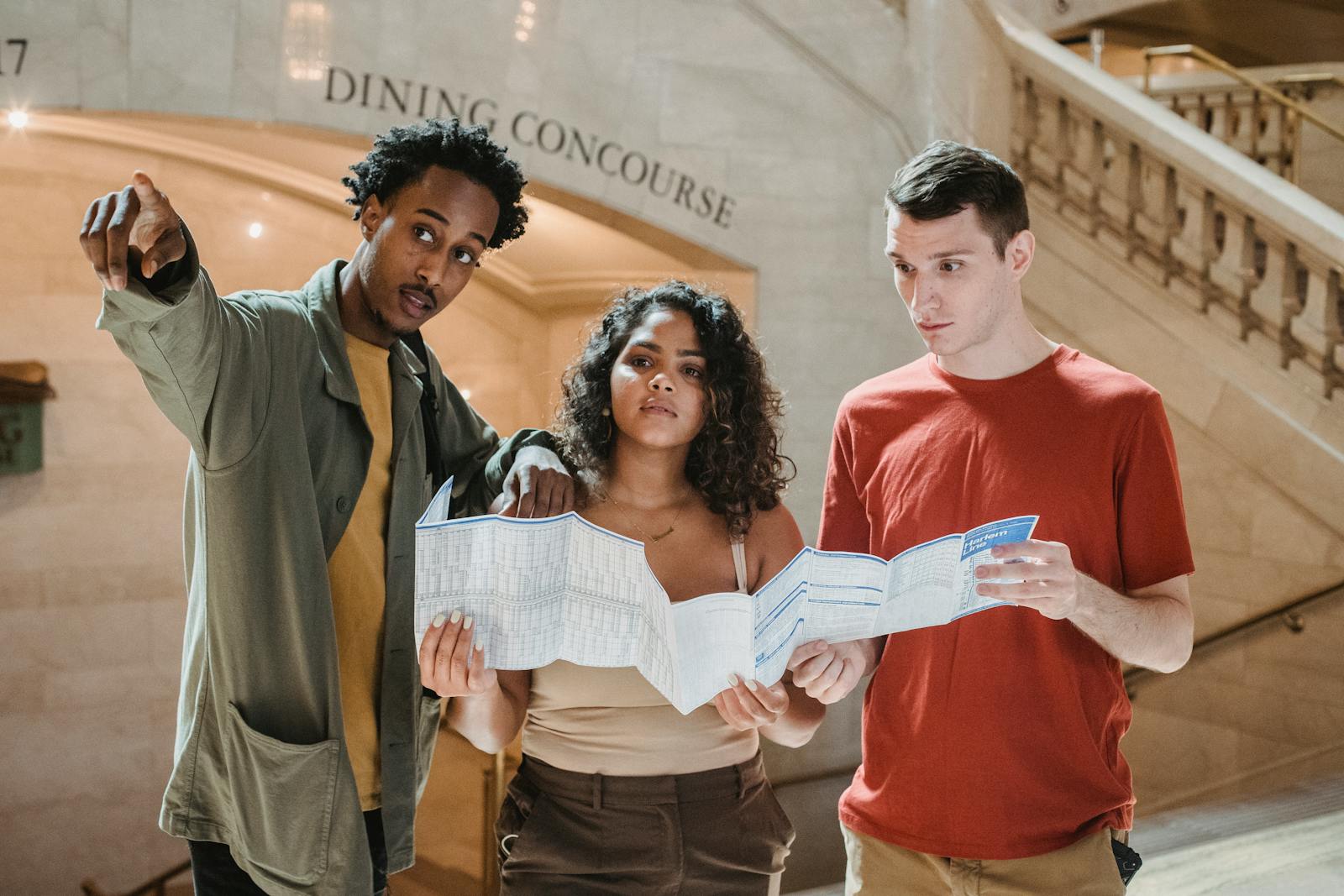These are trick questions. Of course, you are. We all make assumptions, mostly subconsciously and automatically. They are mental shortcuts for our brains to help us learn and navigate the endless complexities of social interaction and decision-making in life. Assumptions are based on our past experiences or cultural influences, and Because they are different, we all hold biases that influence our thoughts, decisions, and actions.
I’ve hand raised my eclectus parrot, Stuffing, since he was 4 months old. He grew up with humans, hearing English. When I took Stuffing to the backyard to sunbathe one afternoon, lots of doves, black phoebes, and crows flew by to check him out. For two hours, he excitedly called out to the visitors, saying “Hello, Hi, How are you doing?” As you probably expected, no bird responded to his hello and became his friend. Stuffing the parrot saw his family greet each other at home, and took what he’s learned from his life–say hello or hi when you’re greeting someone–and made the reasonable assumption that others would understand and reciprocate. But the wild birds had their norms.
How many times do we expect others to speak the same social, verbal, or body language we do?
In the workplace, assumptions can take many forms, from “She speaks with an accent, so she’s probably not going to be good at communicating or leading the team,” to “He’s a performing artist, so he’s probably more the creative type, weaker in left-brain engineering kind of tasks.” These little leaps in logic aren’t bad or evil on their own. They are just results of our experiences in society, but if unchecked, they can lead us down the wrong paths to snap judgments, perpetuating stereotypes and decreased innovation—after all, an accent doesn’t interfere with leadership, and someone can be both naturally talented in art and engineering.
Here are a few more commonplace assumptions at work:
- Believing that older employees are less tech-savvy and able lead lead digital transformations.
- Judging someone’s abilities based on their current title or school pedigree rather than their actual performance.
- Presuming women with families or planning to have kids will be less dedicated to their work.
What’s the solution? The world now knows that forcing AI to generate Greek mythology characters as black doesn’t help. Being able to look at facts without the noise has shown a significant impact. When orchestras adopted blind auditions where musicians played for the jurors behind a screen that concealed their identities, the percentage of female musicians in orchestras rose by 21%.
But the noise is everywhere–in foreign names that are hard to pronounce, in your height, how you dress, where you’re from, even how shy you are. Biases are unavoidable, but they don’t have to be detrimental and hurtful if we make an intentional effort to keep an open mind and occasionally step outside of our comfort zone.
- Stay Curious: Listen and learn. Play devil’s advocate with yourself, and question your own assumptions. Students on debate teams do this all the time—make it a habit to read, listen, and engage with perspectives that challenge your own. In the age of digital media and targeted content, it’s easy to become tunnel-visioned without even realizing it.
- Diverse Interactions: Collaborate with a wide range of people. This cultural and intellectual diversity will enrich your thinking and help you see beyond your own biases. Building perspectives helps you become a better salesperson, manager, designer, and engineer.
- Psychological safety: The ability to learn from constructive criticism is invaluable for personal growth. Nobody likes to be wrong, and it’s not about being right or wrong. Giving people the room to disagree with you allows honest dialogues that build deep relationships. Encourage others to point out when you might be showing bias, and prepare yourself for the resulting discomfort ahead of time so you may refrain from disputing their claims immediately.
- Educate Yourself: Learn about cognitive biases and logical fallacies. Understanding these and regularly building your social-emotional toolkits can help you identify and mitigate biases in your thought process.
In the end, it all boils down to communication—we need to be willing to listen and not jump to conclusions. Seek facts and truths. Have you ever started GPS navigation on a trip and then lost connection? Even though you’ve missed turns and gotten completely lost, your disconnected GPS map continues to give you directions based on the facts that it had an hour ago. If you continue to follow its old assumptions, you’ll get more lost. When we cannot find context, facts, and perspectives, we won’t get to where we want to go.
Everyone has different perspectives, and our relationship with people, whether it’s getting them to agree with us, to buy our product, to put in their best effort, rests upon understanding their perspectives.



Leave a Reply